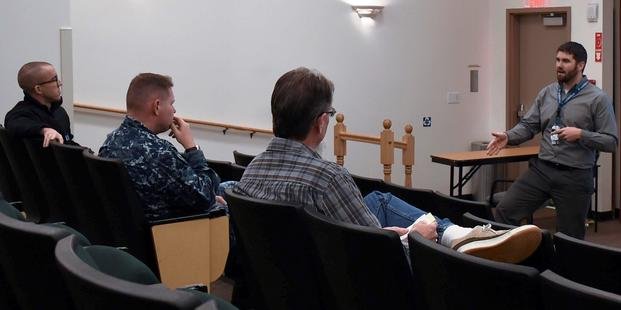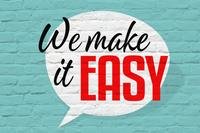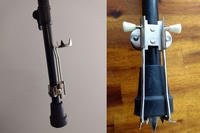The process of being evaluated, scrutinized, repeatedly questioned and ultimately judged -- otherwise known as interviewing -- is never comfortable for anyone. And oftentimes, even the most seasoned interviewer can get a little nervous.
But it looks like interview jitters have gotten the best of most job seekers and have cost them employment opportunities. In fact, 32% of chief financial officers (CFOs) said job candidates make the majority of their mistakes during the interview, according to Accountemps, a nationwide staffing agency. These mistakes can include blanking on the company's business model, not paying close attention to the questions or not knowing enough about the open position.
"Employers expect job applicants will have a few pre-interview jitters," Max Messmer, chairman of Accountemps, said in a company-issued statement. "The secret is to use this energy to project enthusiasm for the position, rather than letting your nerves undermine your confidence."
Accountemps polled more than 1,400 CFOs and asked, "Where do job applicants make the most mistakes?" The respondents thought mistakes occurred in the following areas:
- 28% said resumes
- 10% said reference checks
- 9% said interview follow-up
- 8% said cover letters
- 7% said screening call
- 1% said other
- 3% said they don't know
If you've made errors in your job search, don't worry; everyone has. But you can move forward from your mistakes by using the following solutions from Accountemps:
1. Let it go
If you know you've made a mistake during your interview, don't dwell on it. Focus on putting your best foot forward during the remainder of the meeting.
2. Pause
You may have flubbed on an answer, but don't panic. Take a minute to collect yourself and your thoughts. The interviewer may be impressed by your ability to recover.
3. Listen
The types of questions asked during an interview can often give you insight into what the employer is looking for in an ideal candidate. Pay close attention to the clues and use them to explain why you're a good fit for the position.
4. Don't jump to conclusions
Committing a mistake during the interview doesn't always mean that you've lost the job opportunity. Don't take yourself out of the running until you hear from the employer.
5. Follow up
Send a thank-you note or email to everyone who interviewed you. The note should reiterate why you're a good fit for the job.
Find the Right Veteran Job
Whether you want to polish your resume, find veteran job fairs in your area or connect with employers looking to hire veterans, Military.com can help. Subscribe to Military.com to have job postings, guides and advice, and more delivered directly to your inbox.











